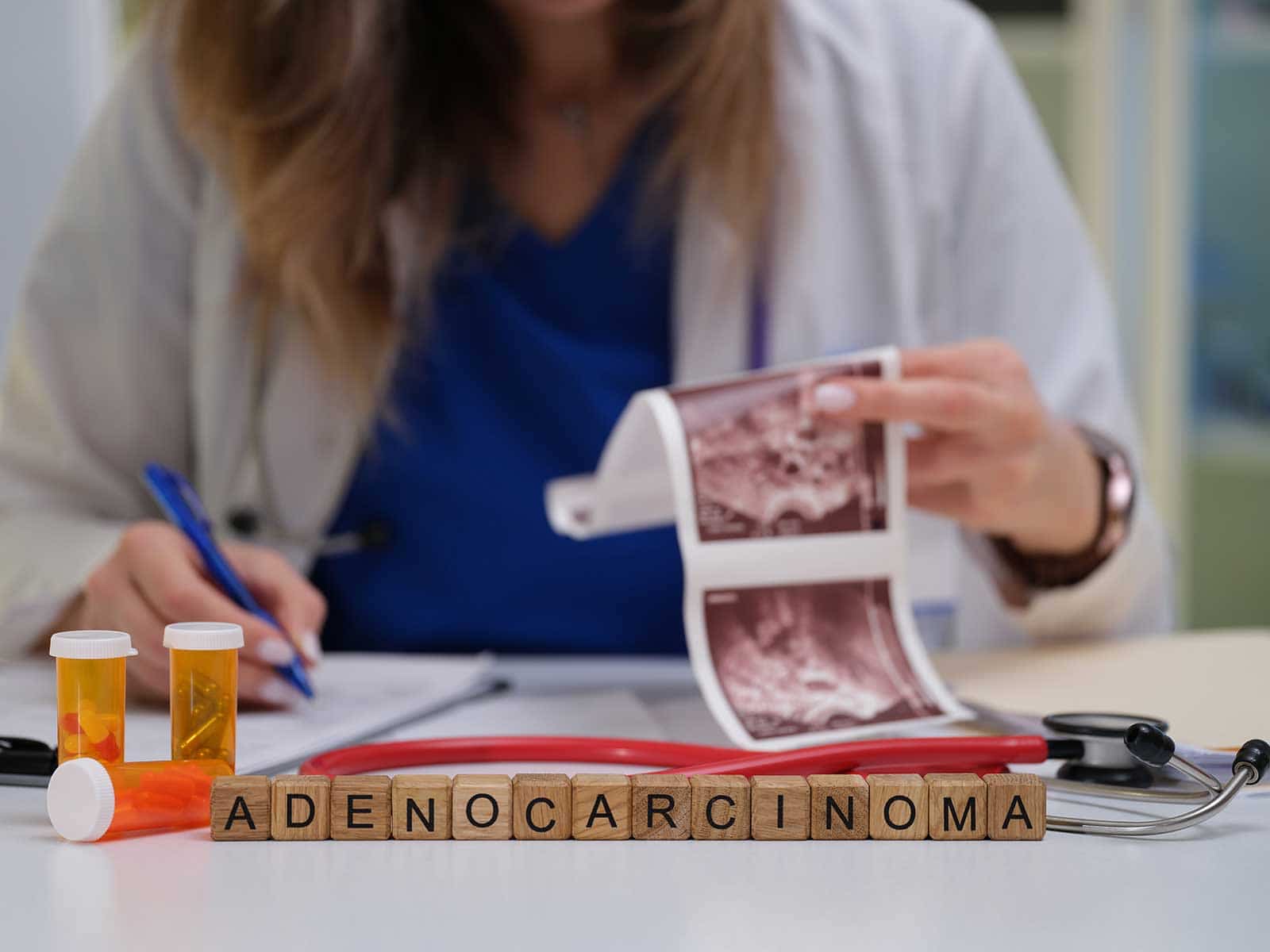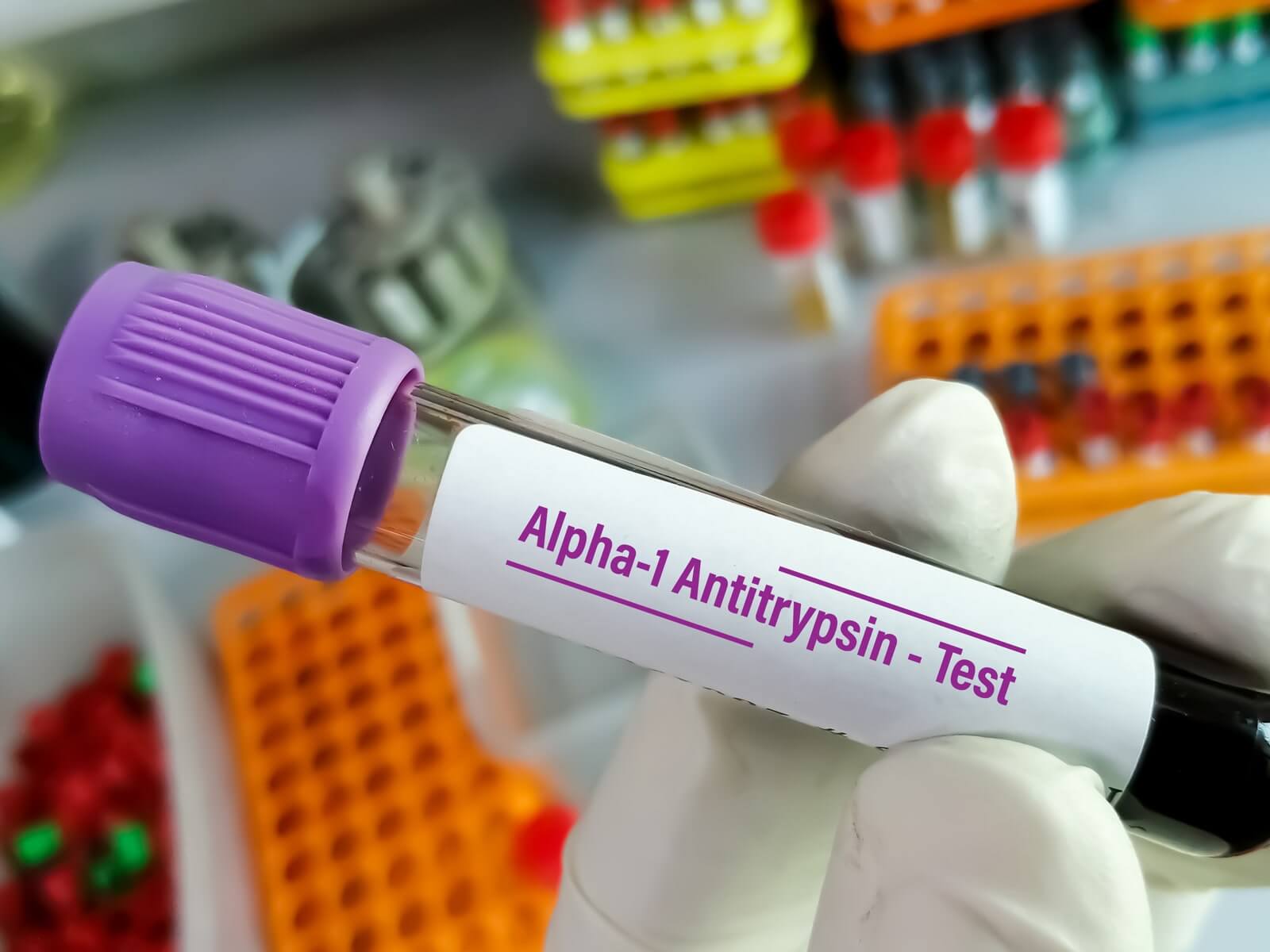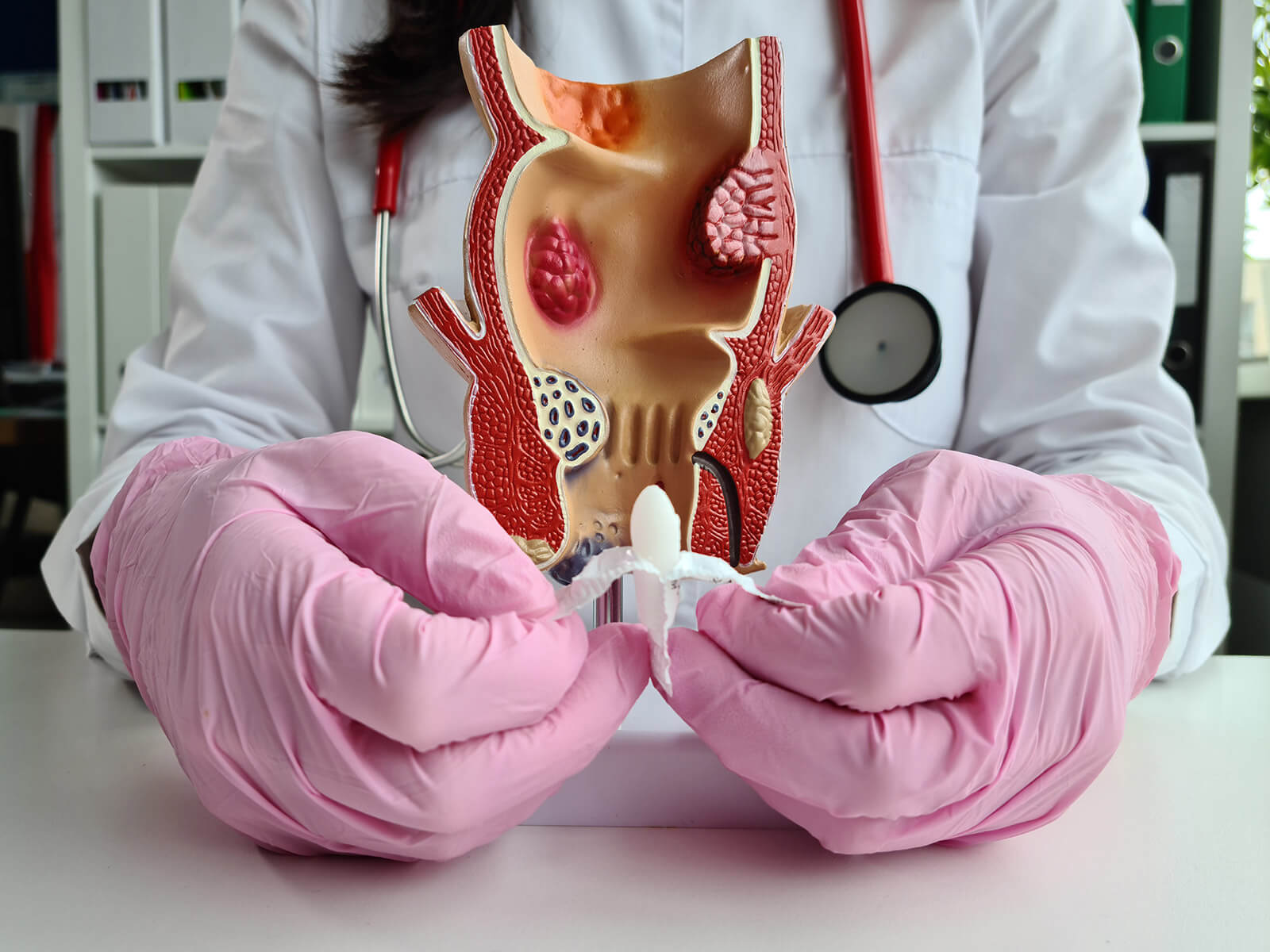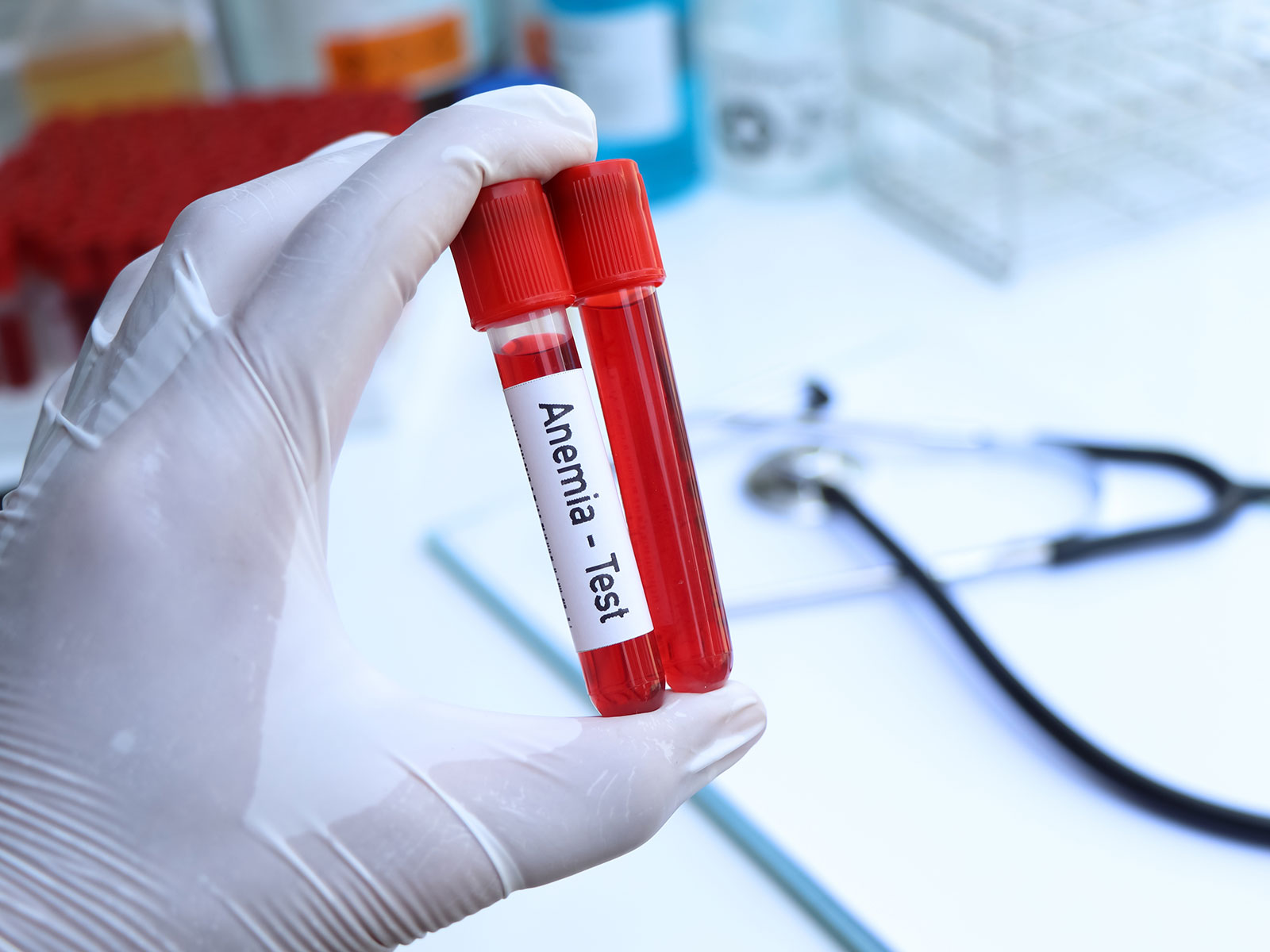We specialize in the delivery of patient-focused care by providing early diagnosis and custom-made treatment programs to adenocarcinoma.
Read More

We specialize in the delivery of patient-focused care by providing early diagnosis and custom-made treatment programs to adenocarcinoma.
Read More
The colorectal area is particularly easy and accurate with screening of adenoma and has the potential to identify benign tumors at an earlier stage and provides the patient with confidence.
Read More
Intervention of alcoholic liver disease is holistic treatment of liver dysfunction, recovery and long-term sobriety.
Read More
Provides genetic testing, expert counseling regarding Alpha-1 Antitrypsin Deficiency, which offers personal care and welfare.
Read More
We have an endoscopic diagnosis and a limited treatment of ampullary adenomas with great results.
Read More
The management of Ampullary Adenocarcinoma through early diagnosis, planning of treatment and providing after-care to the patients.
Read More
Anal fissures are professionally managed to provide a patient with the soft remedy, personal care, and expeditious healing to help a patient feel comfortable.
Read More
Anemia service will offer an immediate blood test and supportive services to diagnose, follow up and treat low hemoglobin.
Read More
Angiodysplasia refers to a service whereby the gastrointestinal bleeding is controlled in the least invasive manner using endoscopic diagnosis and treatment.
Read More
Angioectasia is treated by identification and cauterization of small vascular lesions in the gastrointestinal tract and, therefore, prevents bleeding and thereby enhances recovery.
Read MoreGastrointestinal (GI) conditions include acid reflux (GERD), irritable bowel syndrome (IBS), Crohn’s disease, ulcerative colitis, celiac disease, constipation, diarrhea, and more. Our specialists diagnose and treat a wide range of digestive disorders.
If you experience frequent symptoms such as bloating, abdominal pain, acid reflux, constipation, or diarrhea, it’s recommended to see a gastroenterologist for evaluation and diagnosis.
You should consult a gastroenterologist if you experience persistent digestive issues, blood in stool, unexplained weight loss, severe abdominal pain, or difficulty swallowing.
Common diagnostic procedures include endoscopy, colonoscopy, stool tests, breath tests, imaging scans (CT/MRI), and lab work to assess digestive function.
Some GI conditions, like Crohn’s disease, ulcerative colitis, and celiac disease, have genetic components, meaning they can run in families. However, environmental and lifestyle factors also play a role.
Maintaining a healthy diet, staying hydrated, exercising regularly, managing stress, and avoiding smoking and excessive alcohol consumption can help prevent digestive issues.